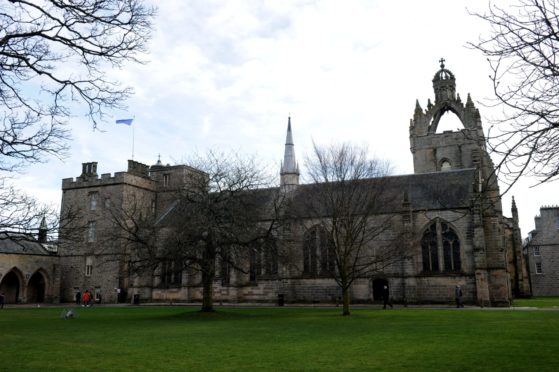A north-east university’s trial into a disease with “no known treatments” has been boosted by the recruitment of its first UK patient.
Scientists at Aberdeen University, part of the new study into Huntington’s disease, said they hope the PROOF-HD trial of the oral drug pridoidine will help them find a breakthrough in the treatment of degenerative condition – which affects one in 7,000 people in Scotland.
The investigation, sponsored by Prilenia Therapeutics, will enrol up to 480 people with early-stage Huntington’s at around 60 sites across the US, Canada, and Europe.
Huntington’s disease is a fatal inherited condition that causes neurons in the brain to degenerate and stops parts working properly over time.
It causes increasing memory difficulties, psychiatric problems and twitchy movements which the person cannot control.
It is usually fatal around 20 years after it becomes an obvious condition.
Leading the study, Professor Zosia Miedzybrodzka, from the university said: “Huntington’s disease is a serious condition with no known treatments that slow functional decline.
“With no effective treatment currently trials such as PROOF-HD are of huge importance and the promise of effective treatments is really important to families living with the disease.”
The study is a phase 3 clinical trial and in contrast to some other treatments being investigated, the PROOF-HD study only requires participants to take a capsule orally twice a day.
Alistair Haw, chief executive officer of Scottish Huntington’s Association, said: “Whilst there are no current treatments that slow the advance of HD, families impacted by this appalling condition can be encouraged by the volume of trials currently underway to find the breakthrough we all long for.”
Families looking for more information on Huntington’s disease should visit the Scottish Huntington’s Association here.
